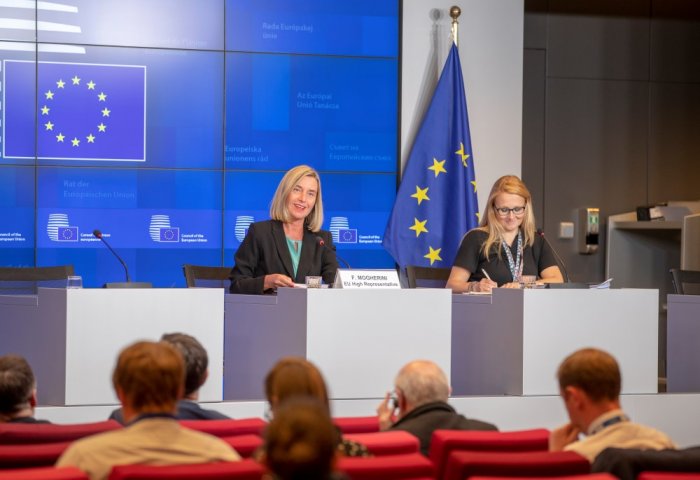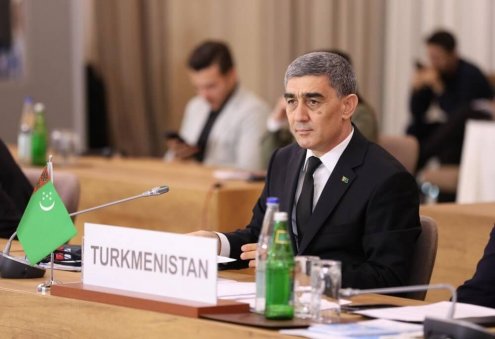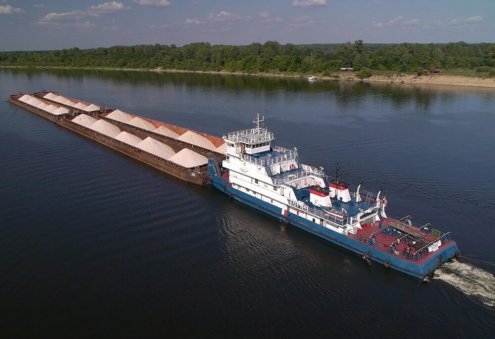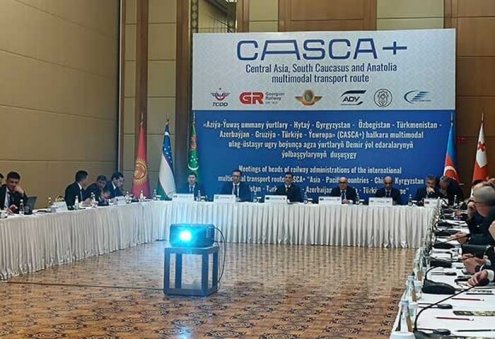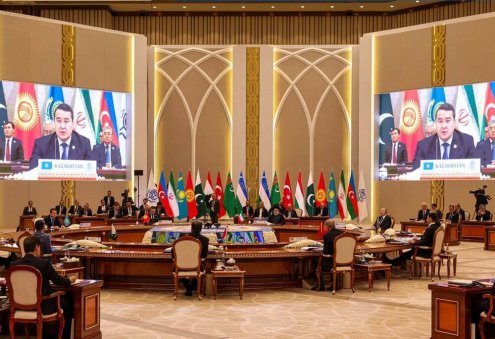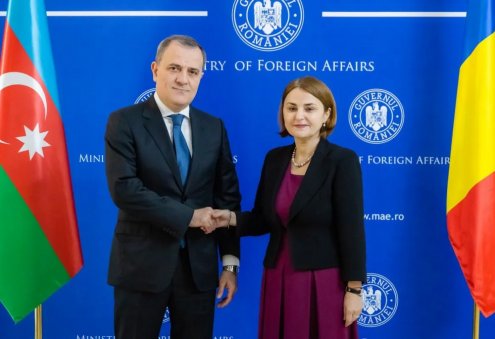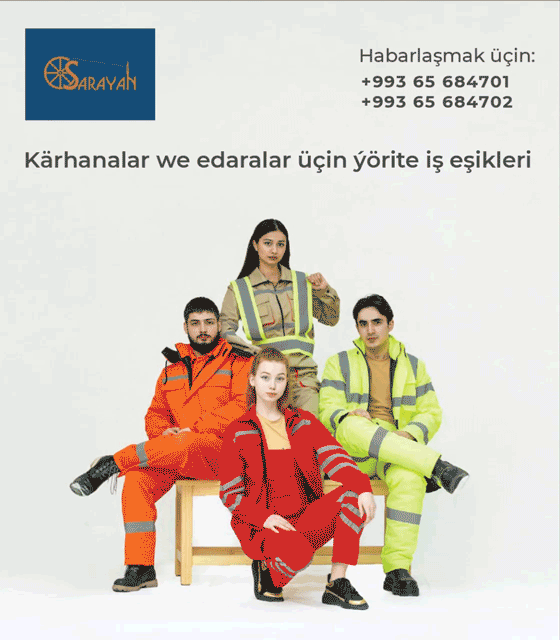The Council of the European Union welcomes the opening of an EU Delegation in Turkmenistan, according to the Council conclusions on the New EU Strategy on Central Asia released by the General Secretariat of the Council on June 17 in Brussels.
The Council of the EU adopted on June 17 conclusions on a new EU strategy on Central Asia, that focuses on promoting resilience, prosperity and regional cooperation in Central Asia, and welcomed the strengthening of relations between the EU and Kazakhstan, Kyrgyzstan, Tajikistan, Turkmenistan and Uzbekistan since the adoption of the first EU strategy for Central Asia in 2007.
“The Council encourages a stronger joint approach between the EU institutions and Member States in their respective engagement with the region. The Council welcomes the opening of an EU Delegation in Turkmenistan,” according to the document released after the High Representative and foreign ministers discussed top issues on the international agenda in Luxembourg.
"Stronger connectivity between Central Asia, Afghanistan and South Asia has a key role to play for peace, prosperity and the stabilization of the wider region."
The Council also endorses the Joint Communication on "The EU and Central Asia: New Opportunities for a Stronger Partnership" by the High Representative and the European Commission which, together with the Council conclusions, provides a new policy framework for EU engagement with the countries of Central Asia over the coming years.
Recognizing the key role of Central Asian countries in supporting an Afghan peace process and the country's reconstruction, the Council stresses the importance of encouraging further political and economic engagement between the Central Asian countries and Afghanistan to jointly promote an inclusive peace process and sustainable development.
“Stronger connectivity between Central Asia, Afghanistan and South Asia has a key role to play for peace, prosperity and the stabilization of the wider region,” the document says.
According to the Council conclusions, the EU will continue to work with international organizations, in particular the Organization for Security and Cooperation in Europe (OSCE), the United Nations (UN) and the Council of Europe, as well as with third countries, as appropriate, where such broader involvement would contribute to the general objectives of the EU and of this Strategy.
The EU calls for closer cooperation on the management of transboundary water resources and welcomes in that respect the role of the International Fund for Saving the Aral Sea as well as the initiatives of the UN Regional Centre for Preventive Diplomacy for Central Asia.
Recognizing the strategic role of Central Asia in global efforts to promote Euro-Asian connectivity and stressing that these efforts should bring benefits to the region, the Council states that it looks forward to increased cooperation with Central Asian countries.
In the Council of the European Union, the ministers from the EU Member States take a joint decision on the policy to be implemented within the EU. The Council meets once a month.

